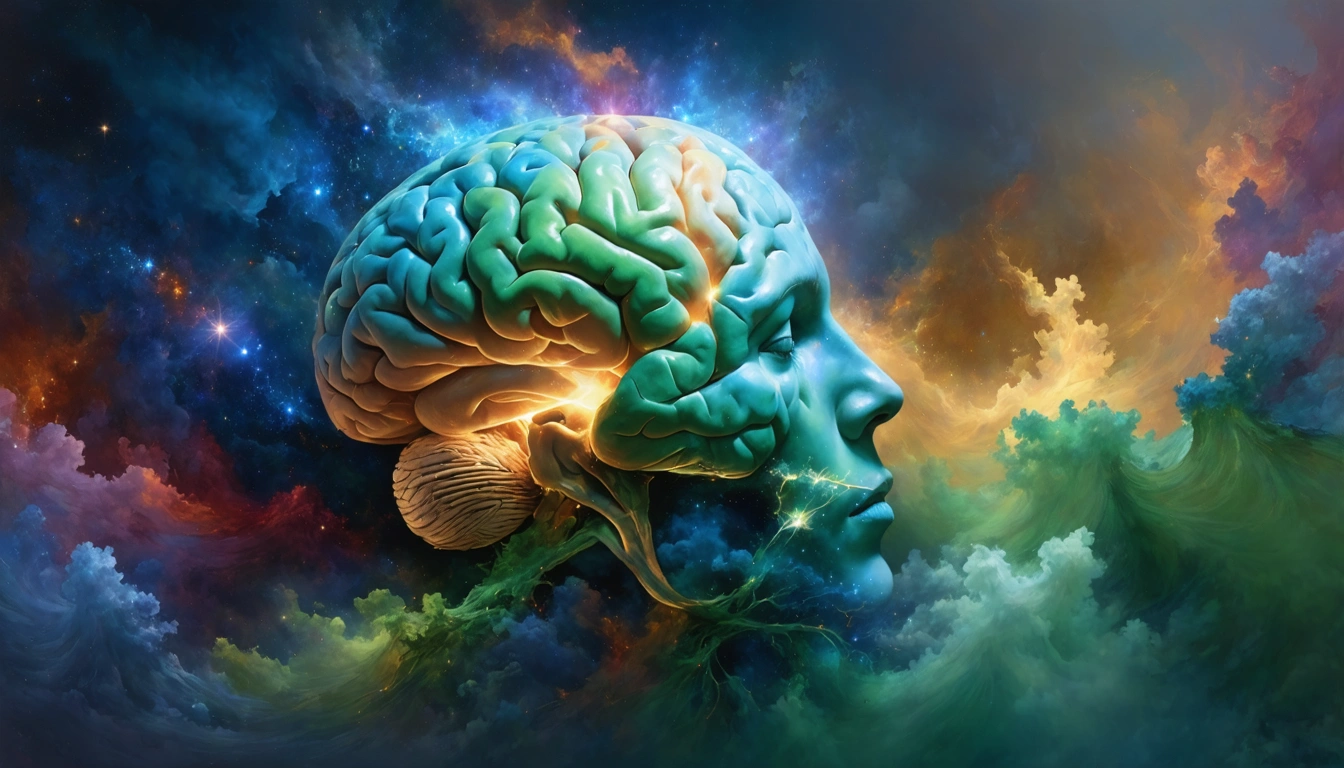
The Human Brain: A Marvel of Complexity
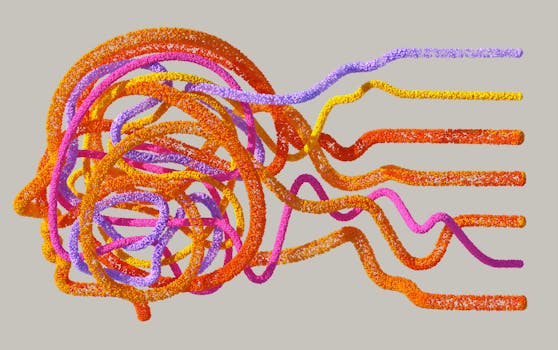
The human brain remains one of the most complex and least understood organs in the body. Consisting of approximately 86 billion neurons, it governs every function, from basic survival instincts to advanced reasoning and creativity. This intricate biological structure processes large volumes of information in real-time, leading researchers to continually explore its mechanisms. As neuroscience advances, so too does our comprehension of the brain, unraveling hidden mysteries along the way.
Neuroscience Breakthroughs: New Frontiers
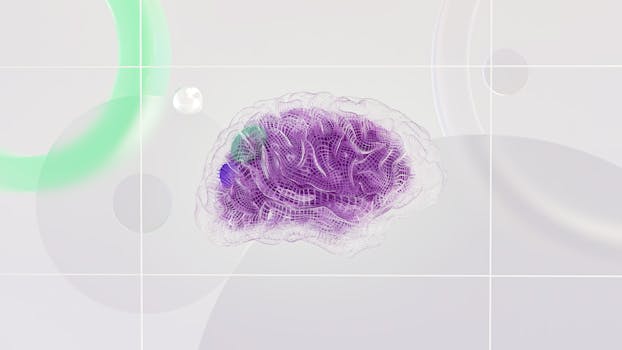
In recent years, neuroscience has witnessed remarkable breakthroughs that illuminate how the brain works. One major advancement is the development of neuroimaging technologies, such as fMRI (Functional Magnetic Resonance Imaging), which allows researchers to observe the brain in action. These technologies have revealed insights into cognitive functions, emotional responses, and even how different brain areas interact during complex tasks.
Furthermore, the study of neuroplasticity has gained attention, showcasing the brain’s adaptability throughout a person’s lifetime. Neuroplasticity refers to the brain’s ability to reorganize itself by forming new neural connections in response to learning or experience. This groundbreaking discovery signifies that our experiences literally alter the structure and function of the brain.
Unlocking the Secrets of Memory
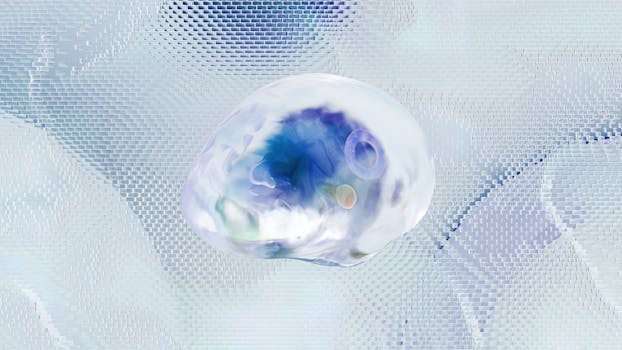
One of the brain’s pivotal functions is memory which has been the focal point of many neuroscience studies. Researchers have made significant strides in understanding the neural mechanisms behind short-term and long-term memory. The hippocampus, often referred to as the brain’s memory hub, processes and consolidates information used for future recall.
Recent explorations have also exposed how memories can be influenced, altered, or even erased. Studies suggest that traumatic experiences can reshape memories embedded within the brain, leading to implications for treating conditions like PTSD. This exciting frontier of memory research offers potential pathways to innovative therapies and interventions.
The Role of Emotion and Social Connection
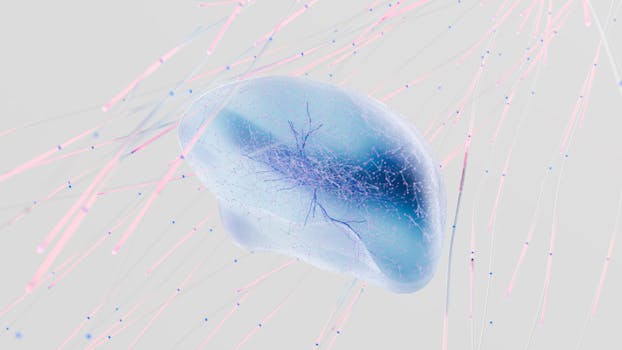
Another critical aspect of brain function is its integral role in regulating emotions and fostering social connections. Neuroscience has unearthed the interplay between emotional responses and social behaviors. Brain regions such as the amygdala and prefrontal cortex are crucial in identifying emotions and managing social stimuli.
Remarkably, the study of mirror neurons has introduced a new understanding of empathy and social interactions; these neurons activate both in individuals performing an action and when observing the same action executed by others. Such findings underscore why humans thrive in social settings, emphasizing the brain’s evolution towards building and maintaining relationships.
Conclusion: Embracing Future Discoveries
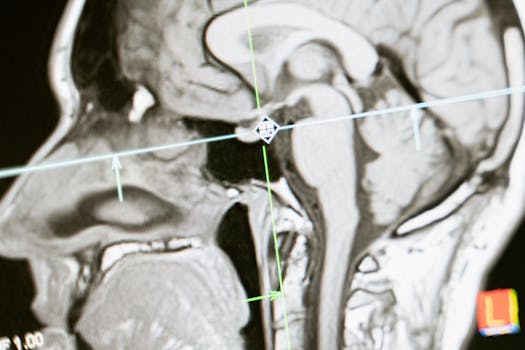
The mysteries of the human brain fuel ongoing research in neuroscience, leading to extraordinary discoveries and advancements. Our understanding of cognition, memory, emotion, and behavior continues to evolve, prompting both questions and excitement about the potentials for human experience. As technology and research methodologies continue to advance, we stand on the brink of uncovering profound insights into our existence, enabling innovative solutions for brain-related disorders and enhancing the quality of life.


